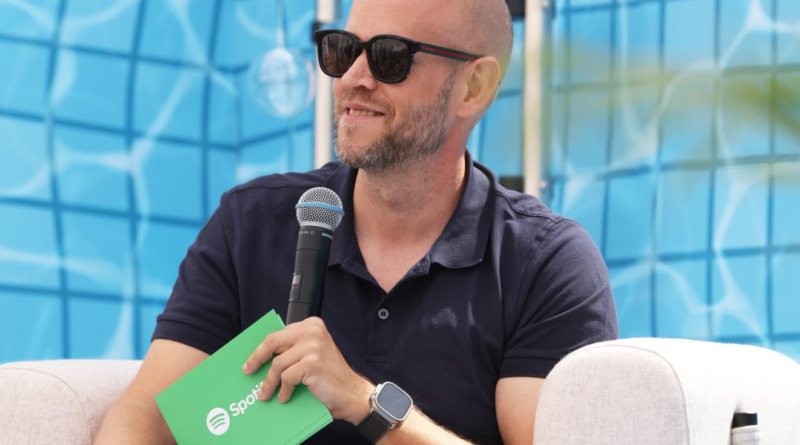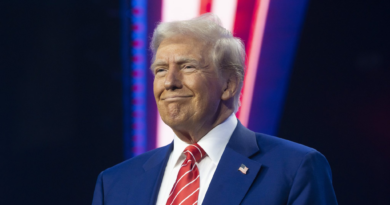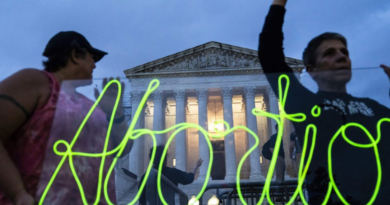Spotify CEO Daniel Ek surprised at negative impact of laying off 1,500 Spotify employees
When Spotify announced its largest-ever round of layoffs in December, CEO Daniel Ek hailed a new age of efficiency at the streaming giant. But four months on, it seems he and his executives weren’t prepared for how tough filling in for 1,500 axed workers would be.
The music streamer enjoyed record quarterly profits of €168 million ($179 million) in the first three months of 2024, enjoying double-digit revenue growth to €3.6 billion ($3.8 billion) in the process.
However, the company failed to hit its guidance on profitability and monthly active user growth.
It didn’t seem to put off investors, who sent shares in the group soaring more than 8% in New York after markets opened Tuesday morning.
Layoffs hit Spotify’s guidance
Still, as he addressed those investors following the latest earnings release, Ek didn’t shy away from the obstacles that stopped the streamer from hitting some of its targets this year.
In addition to surprisingly successful 2023 growth to compare against and the impacts of falling marketing spend, Ek blamed operational difficulties linked to staffing for the group missing its earnings target to start the year.
In December, Spotify culled 1,500 jobs, equivalent to 17% of employees, as part of an aggressive efficiency drive as the group strived for profitability.
Staff costs for those employees carried a long tail, as most workers received five-month severance packages when they were let go in December.
At the same time, the footprint left behind by those employees was bigger than Ek and his executives anticipated.
“Another significant challenge was the impact of December workforce reduction,” Ek said on an investors call following Spotify’s Q1 earnings release.
“Although there’s no question that it was the right strategic decision, it did disrupt our day-to-day operations more than we anticipated.
“It took us some time to find our footing, but more than four months into this transition, I think we’re back on track and I expect to continue improving on our execution throughout the year getting us to an even better place than we’ve ever been.”
Ek didn’t elaborate on what aspects of operations were most affected by the layoffs.
Layoffs right decision?
Back in December as the platform he founded faced persistent losses and a falling share price, Spotify CEO Ek used a well-trodden path by tech giants to steer the ship around: mass layoffs.
“We still have too many people dedicated to supporting work and even doing work around the work, rather than contributing to opportunities with real impact,” Ek said in a memo as he announced he would be cutting his workforce by 17%.
Investors initially reacted well to the news, though skeptical voices asked whether the move merely put a sticking plaster over harder-to-solve issues at the group, particularly its low margins thanks to the costs of bumper record deals.
However, it appears to have worked so far. In the four months since the layoff announcements, shares in the group have jumped more than 60%.
Spotify has also recently proved it is able to raise prices in some of its key markets without seeing a flight of listeners to rival services like Apple Music.
In the long run, Spotify and Ek also remain convinced the tough round of layoffs has set Spotify up for long-term profitability.
The apparent collective surprise at how that can affect operations in the short run, though, marks a dash of hubris for the newly bullish streaming group.




